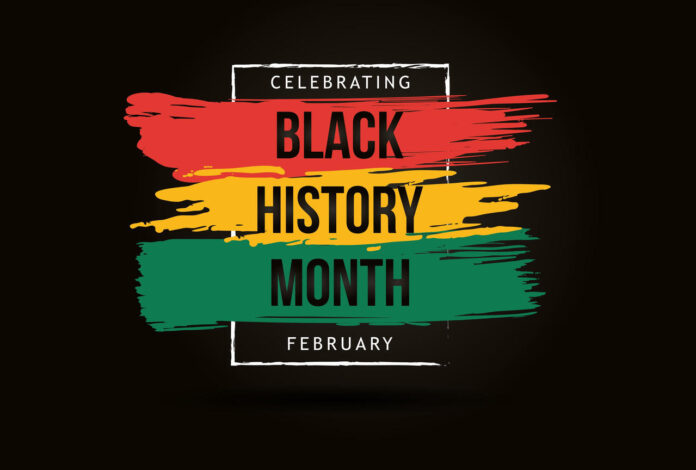
By Jaivon Grant, California Black Media
This week, the California Legislative Black Caucus (CLBC) is celebrating Black History Month in Sacramento with its Annual Legislative Business Brunch, an event organized to honor Black-owned businesses across the state.
The brunch is the first in a series of commemorative events — including a cultural showcase, film screening and awards show — the CLBC is putting on to mark the month-long national observation of Black accomplishment.
“It is with great honor to serve as the Chair of the California Legislative Black Caucus and to collaborate with my 11 colleagues to carry out the vision set forth more than five decades ago to stand for equality, justice and opportunity for all Black Californians,” said Assemblymember Lori Wilson (D-Suisun City), who serves as chair of the CLBC.
“For us, Black History is every day. Annually, during the month of February, we are privileged to educate, celebrate, and honor our past struggles and accomplishments, and our future aspirations. Please join us in doing this good work together,” Wilson added.
Black History Month began as Negro History Week in 1926 with the vision of historian Carter G. Woodson.
In the 1920s and 1930s, Black newspapers played a critical role in promoting the establishment of the celebration, particularly among Black Americans at a time when racist Jim Crow laws existed on the books and discrimination was customary across the United States, particularly in the South.
Black History Month has been recognized by every American president since 1976 when President Gerald Ford first celebrated it. Today, Americans of all races participate in Black History Month celebrations, which educate people from all backgrounds about the history of Black Americans and their contributions to the United States.
President Joe Biden, in his 2023 Black History Month proclamation, encouraged, all “public officials, educators, librarians, and all the people of the United States” to mark the occasion of Black History month with relevant programs.
“Black Americans’ struggles for freedom, equal treatment, and the right to vote; for equal opportunities in education, housing, and the workplace; for economic opportunity, equal justice, and political representation; and so much more have reformed our democracy far beyond its founding,” Biden said. “Black Americans have made a way not only for themselves but also have helped build a highway for millions of women, immigrants, other historically marginalized communities, and all Americans to more fully experience the benefits of our society.”
The CLBC was founded in 1967 to represent the legislative concerns of Black Californians. The organization has been
fundamental in providing political influence for the support of racial and gender equality and promoting justice for poor and disenfranchised communities across California.
Here is the CLBC schedule of events celebrating Black History Month:
February 13, 10am
Annual Legislative Business Brunch
Honoring Black-owned businesses in partnership with the CA Black Chamber of Commerce
@ Citizen Hotel, 926 J St, Sacramento
February 15, 1pm – 5pm
Birthing Justice Screening & Conversation
In partnership with Blue Shield & Filmmaker Denise Pines @ 1600 Capitol Avenue, Sacramento // ADVANCE TICKETS
February 17
2023 African American Leaders for Tomorrow (AALT) Application Opens: https://bit.ly/CLBC2023AALT
February 27
12:30pm:
Unsung Heroes Awards Recognition & Author Bryant Terry
@ State Capitol Assembly and Senate Floors
2pm-4pm:
Black Food: Stories, Art & Recipes from Across the African Diaspora Book Signing with Author / Educator / Chef Bryant Terry
@ Ella Dining Room and Bar (1131 K St., Sacramento)
This California Black Media feature was supported in whole or in part by funding provided by the State of California, administered by the California State Library.



